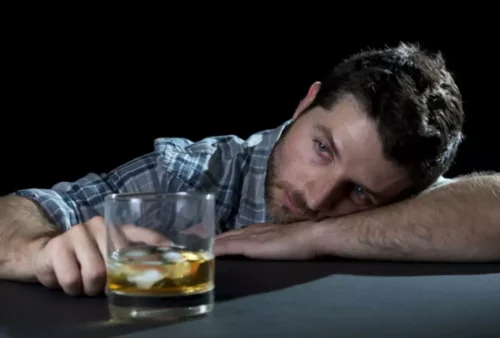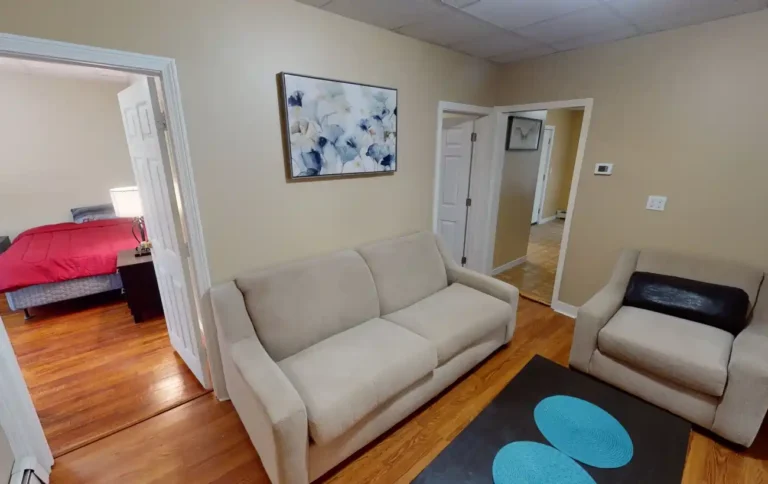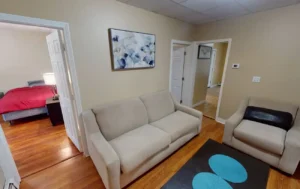Choosing a Sober Lifestyle as a Couple: Where to Start

The purpose of these requirements is to help residents successfully transition into the facility, adapt to the SLH environment, and develop a stable recovery program. What type of treatment you need depends on several factors, including the severity of your addiction. For instance, if your substance use disorder is diagnosed as mild, an outpatient program might be recommended. Outpatient programs vary widely but typically provide a designated number of hours of treatment per week at a treatment center or facility. For more severe addiction issues, healthcare professionals may suggest inpatient care, which requires you to live onsite at the hospital or facility for the duration of treatment.
Online Meeting
Prison and jail overcrowding in the U.S. has reached a crisis point. Each year more than 7 million individuals are released from local jails into communities and over 600,000 are released on parole from prison (Freudenberg, Daniels, Crum, Perkins & Richie, 2005). Although the need for alcohol and drug treatment among this population is high, very few receive services during or after their incarceration.

How to Get Sober
The best way forward for your recovery from alcohol or substance use is to incorporate a wide variety of strategies that will help foster success. Remember to care for yourself, seek supportive relationships, and consider seeking help from a therapist. Many people who misuse alcohol or drugs have trouble dealing with anger.
Develop Healthy Coping Mechanisms
- From building support networks to focusing on personal growth, each step is crucial for long-term success.
- Some houses have a “residents’ council,” which functions as a type of government for the house.
- Treatment provides you with the tools to change your thoughts, emotions, and behaviors around substance use.
- You may want to start an exercise routine — exercise releases brain chemicals called endorphins, which can make you feel good.
- It’s not just your drinking buddies and drug dealers who can get you into trouble—sometimes those who are closest to you can contribute to a relapse.
- For many, returning to daily life after treatment means returning home to family, which is why family can be the strongest social support system.
It’s important to develop a structured daily and weekly schedule and stick to it. A mental health professional can help you cope with some of the challenges you’ll face on your path to sobriety. These examples are programmatically compiled from various online sources to illustrate current usage of the word ‘sober.’ Any opinions expressed in the examples do not represent those of Merriam-Webster or its editors.
- Have some sober friends you can invite as your plus-one to a social event like a party or wedding.
- In fact, you may discover other couples who have decided to pursue a sober lifestyle or who are curious about it.
- The idea was to remove clients from destructive living environments that encouraged substance use and create new social support systems in treatment.
- As explained and elaborated on by the National Institute on Alcohol Abuse and Alcoholism, relapse prevention is the main goal of all addiction treatment.
- However, some houses will allow other types of activities that can substitute for 12 step groups, provided they constitute a strategy for maintaining ongoing abstinence.
- Evidence-based addiction treatment uses the current and best research-based evidence to make informed decisions about your rehab care.
Continue Therapy or Counseling
- A mocktail looks like a cocktail but doesn’t have any alcohol in it.
- ORS does not have any type of Residents Council, but house managers meet regularly with the executive director and have input into operation of the SLHs in during these contacts.
- It provides a structured environment for individuals to address underlying issues, develop coping strategies, and navigate the challenges of recovery.
- Our professionally credentialed counselors can help you, or a loved one, deal with complex life-controlling issues where the healthcare system is the next best step.
- To maximize generalization of findings, very few exclusion criteria were used and very few residents declined to participate.
- There’s no shortcut to overnight fluency—it’s all about adding up those little lessons day by day until you suddenly find you’ve got the hang of it.
Second, individuals self selected themselves into the houses and a priori characteristics of these individuals may have at least in part accounted for the longitudinal improvements. Although self selection can be viewed as a weakness of the research designs, it can also be conceived as a strength, especially for studying residential recovery programs. Our study design had characteristics that DeLeon, Inciardi and Martin (1995) suggested were critical to studies of residential recovery programs. They argued that self selection of participants to the interventions being studies was an advantage because it mirrored the way individuals typically choose to enter treatment. Thus, self selection was integral reasons to stay sober to the intervention being studied and without self selection it was difficult to argue that a valid examination of the invention had been conducted.

